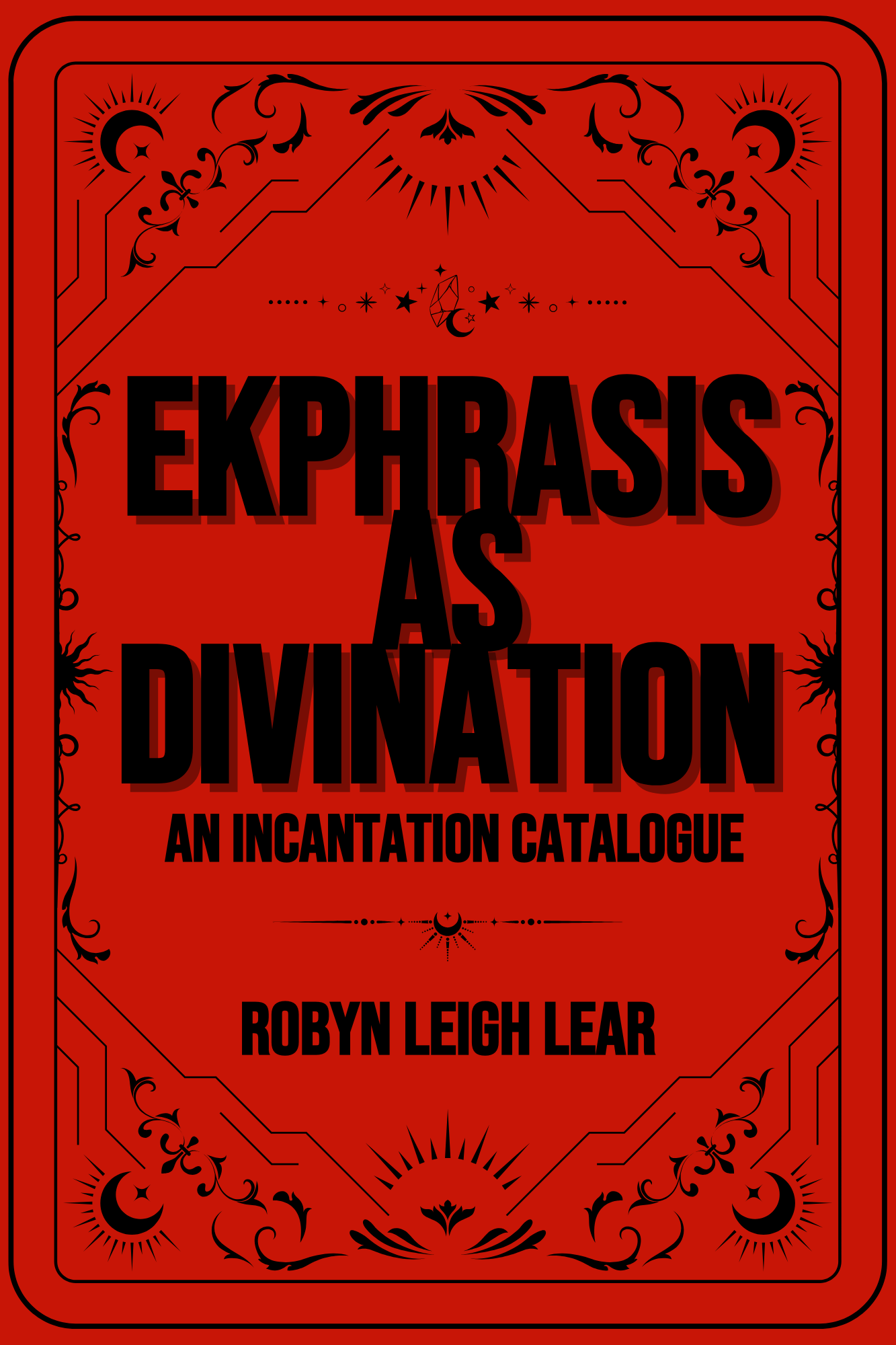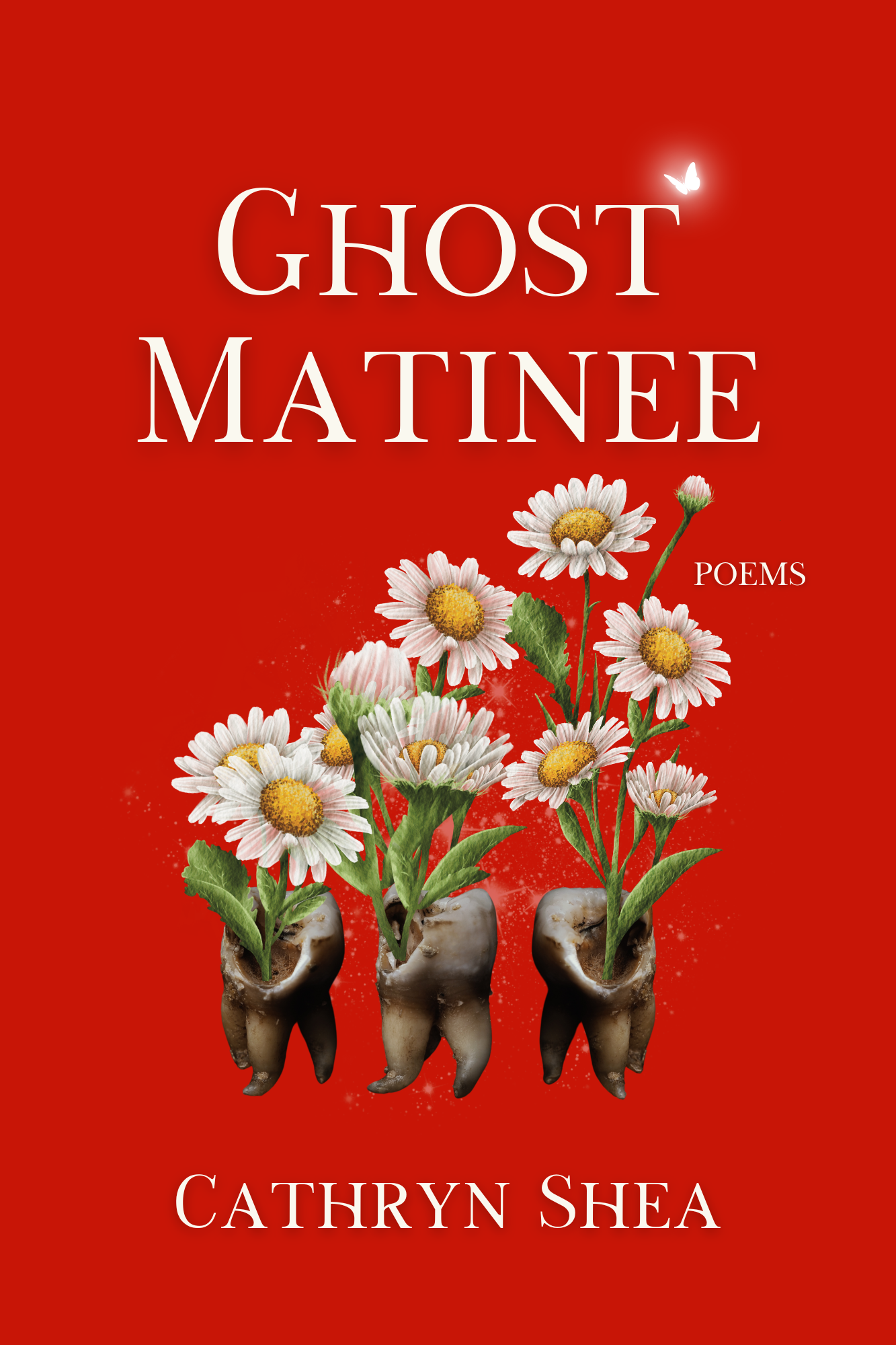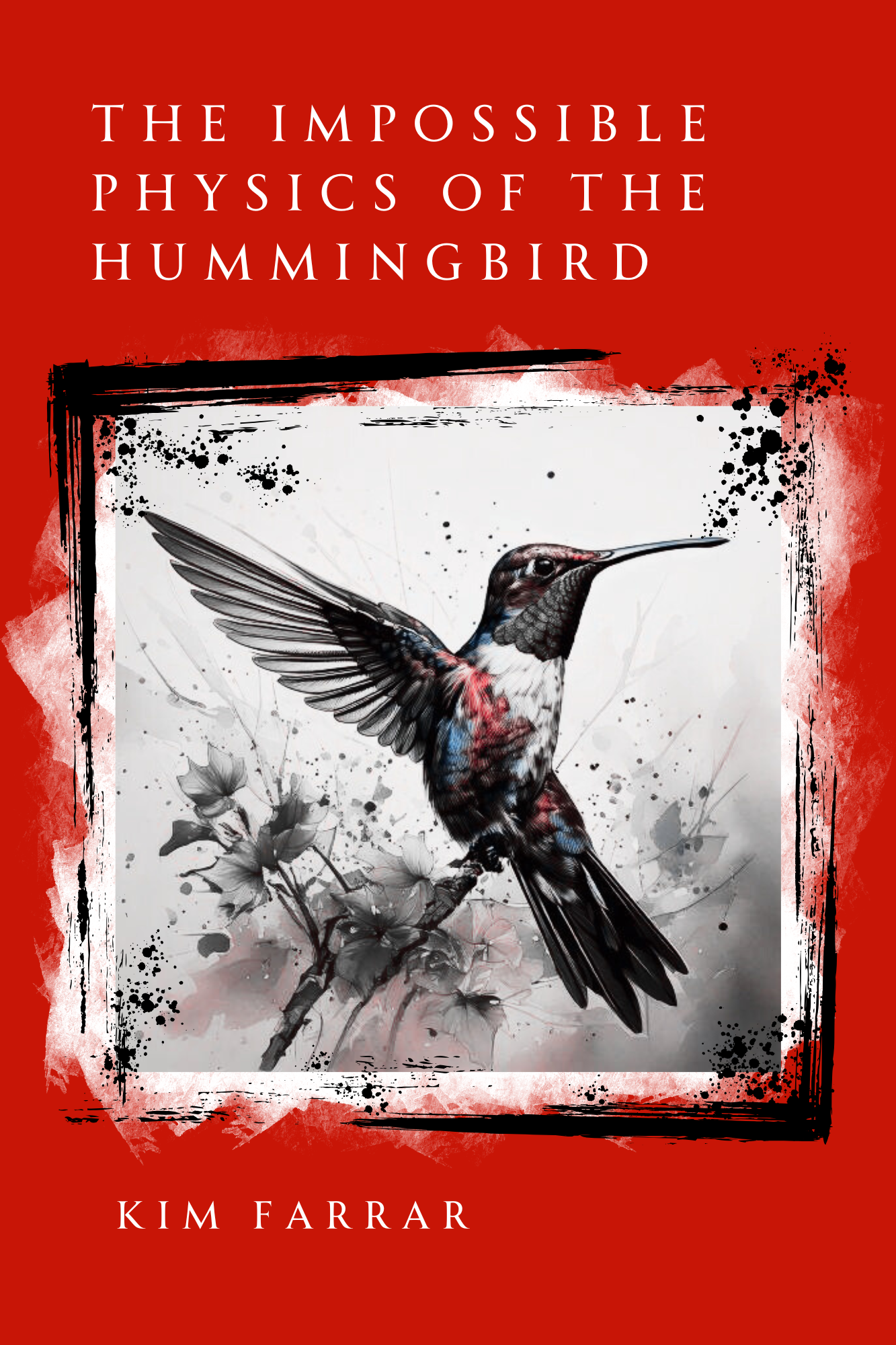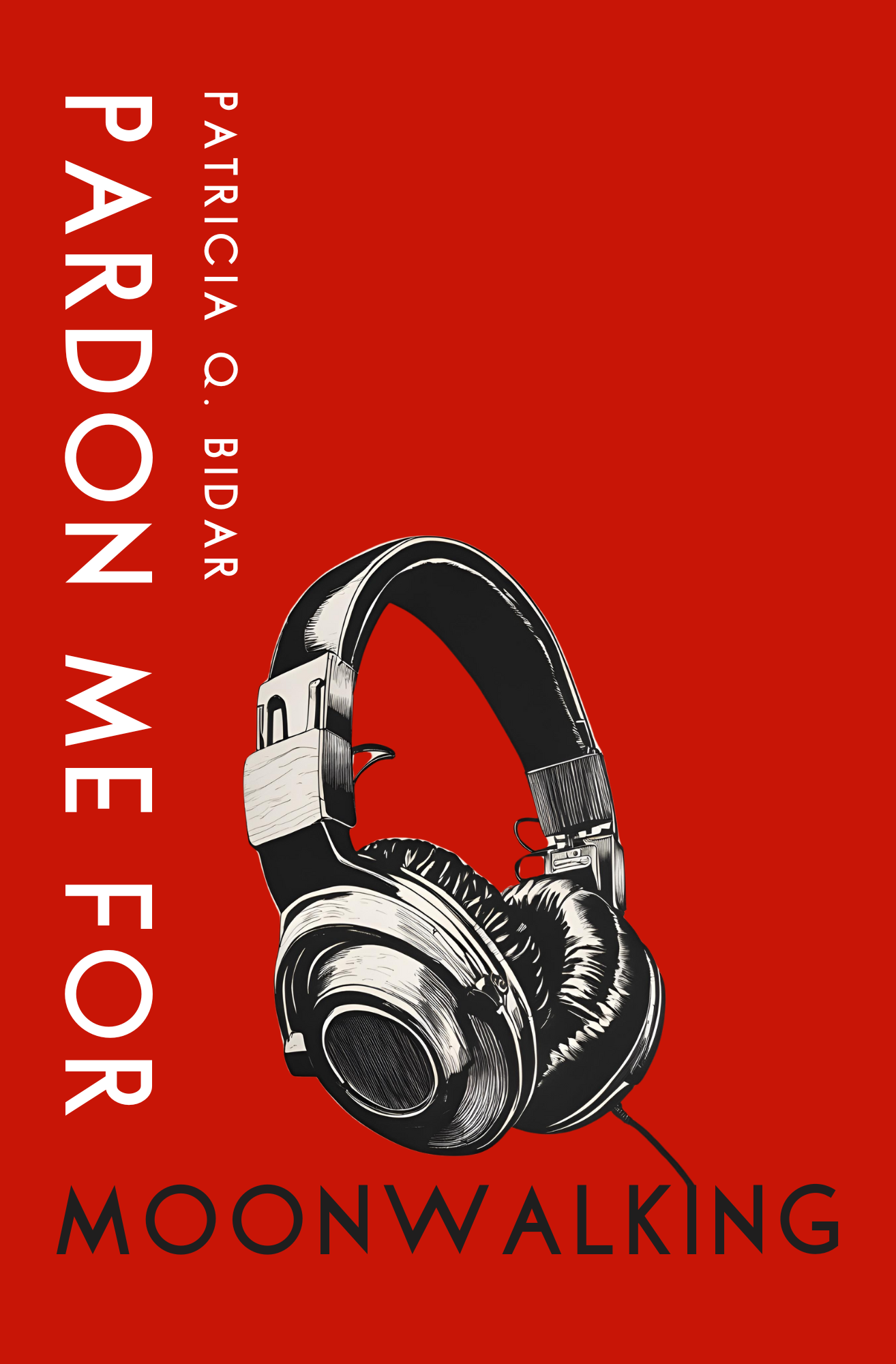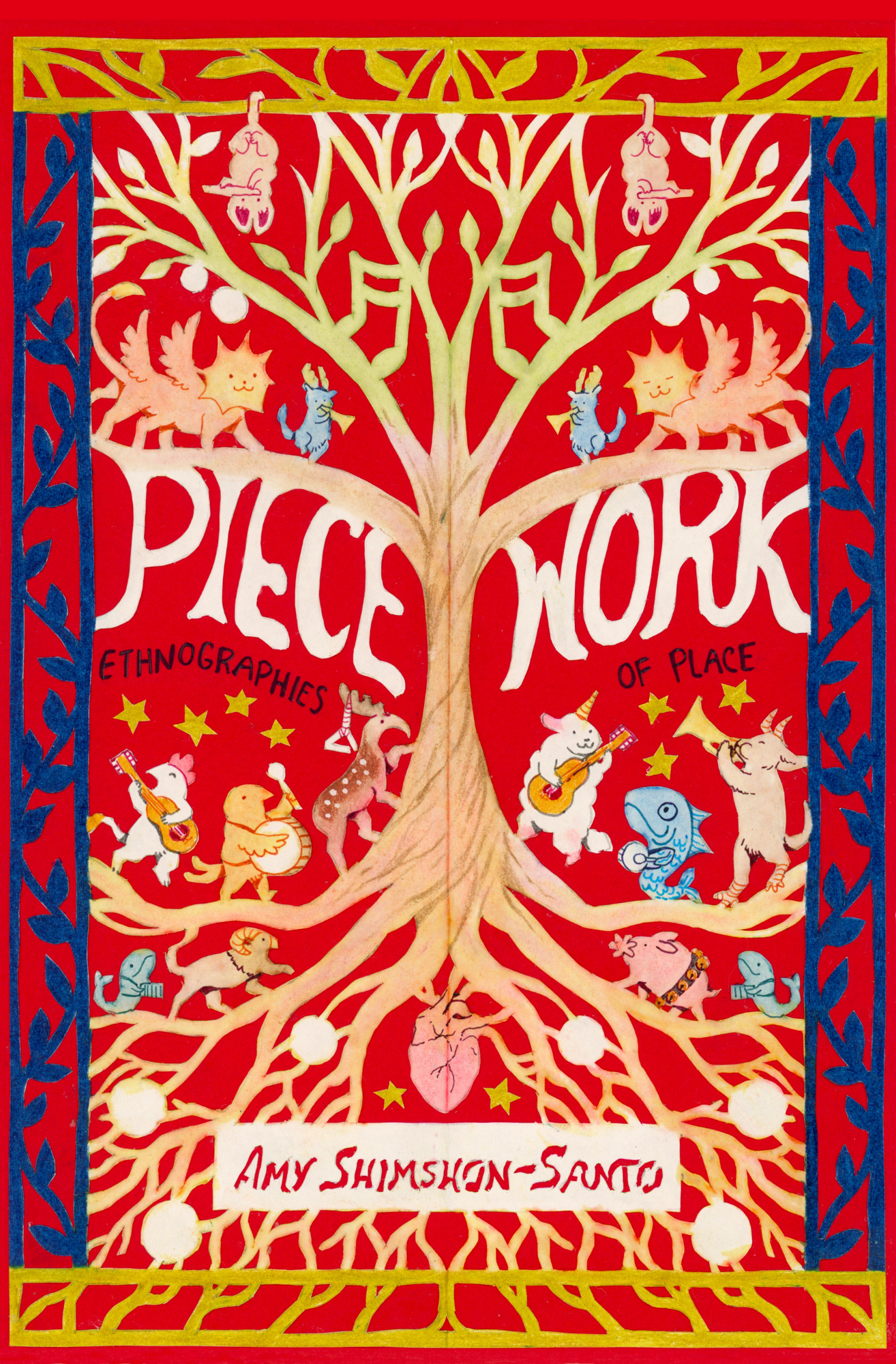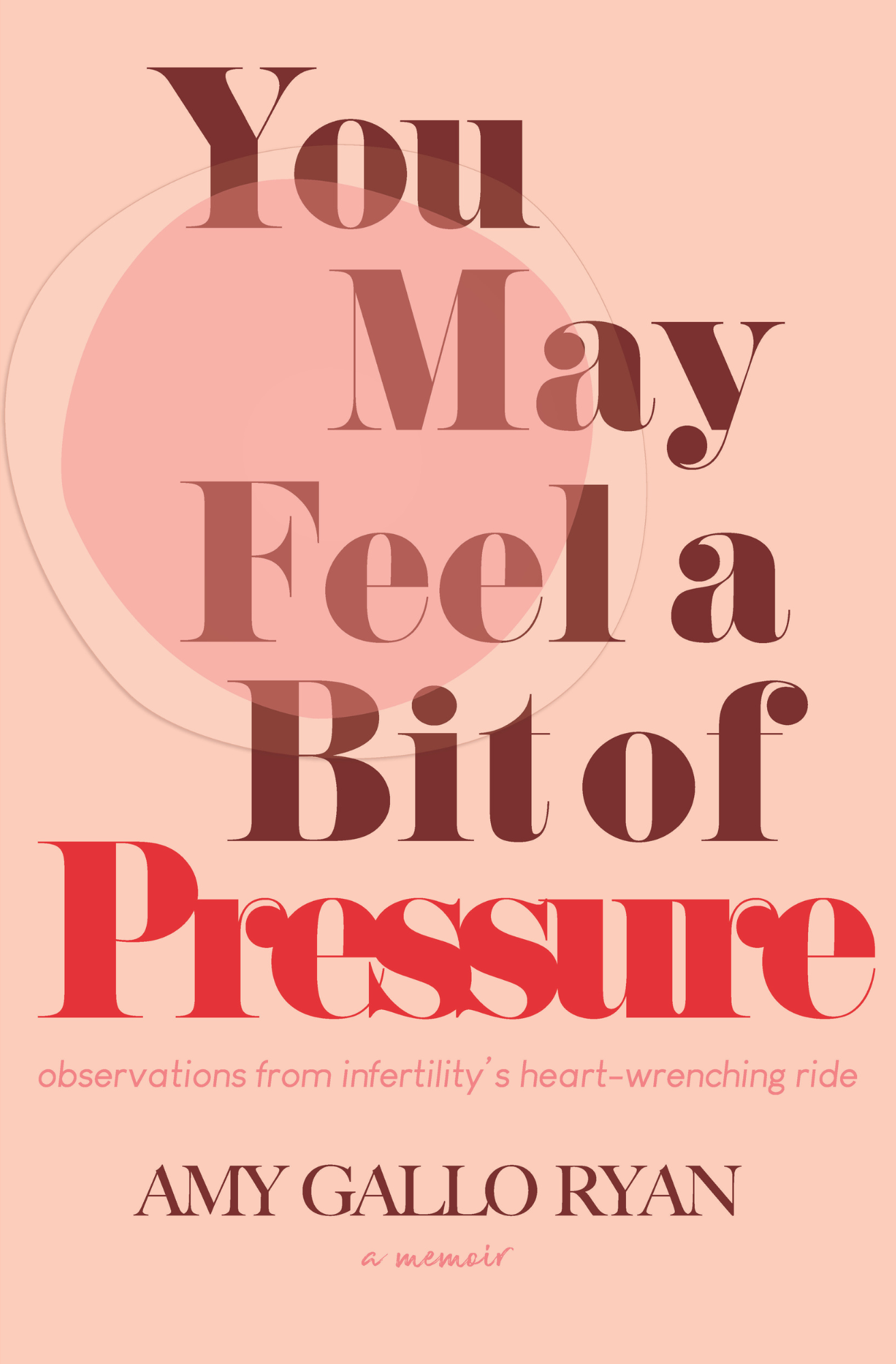Praise for EKPHRASIS AS DIVINATION
Ekphrasis as Divination invites the reader into a seductive and collaborative world of found language propelled by the magic of poetic tarot and mythmaking. Robyn Leigh Lear curates a stunning, mystical experience by skillfully threading a striking choir of voices, visual art, and intertextuality. I celebrate the creative risks in Lear’s modernist mode of mimetic storytelling with lush lyricism and vivid imagery. This beautiful and mysterious book drips with the dark joy of duende.
—Tiana Clark, author of I Can’t Talk About the Trees Without the Blood
If poetry is experience searching for purpose through language, then Robyn Leigh Lear’s Ekphrasis as Divination: An Incantation Catalogue is a sacred geometric hue of poetic experience—illuminations encasing spells in the case of poetry, served via the color of poetically-charged instances (in-stances) that expand and contract as prisms through visions both Holy and wholly.
Practice your rhapsodomancy. Mark the keystones. Peek through the glass between ekphrasis and isness, then drink from it. What brings you here and what do you thirst for? Speak to the tea leaves at the bottom of your readerly cup. Ask them about infusion, about the agony of the leaf. Look closely at the words given to you, then let them give themselves over to you, or back to you:
Here, said she, is your card,
the view still remains to be written.
This book can take you to the
“things that are unnamed”
in your mirror, if you let it. Let it.
—Jason Adam Sheets, Author of A Madness of Blue Obsidian 4
Playlist for EKPHRASIS AS DIVINATION
About ROBYN LEIGH LEAR
Robyn Leigh Lear is the Creative Director for April Gloaming Publishing, Associate Professor, and poet living in Nashville, TN. She is currently finalizing her second manuscript, Yonderling, written under the mentorship of Diane Seuss.
-
Genre: Poetry
ISBN:978-1-963115-37-6
Publication Date: February 11, 2025

